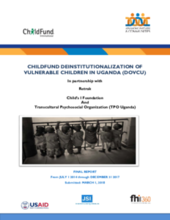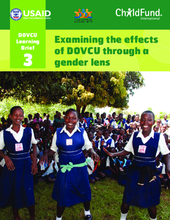Displaying 21 - 30 of 72
This article examines the case of three groups of young people in Filipino transnational families: stay-behind children of migrant parents, migrant children reunited with their parents in their receiving country, and children of ‘mixed’ couples.
The paper aims at contributing to the knowledge and understanding of growing up transnationally and ‘doing transnational family’ between China and Hungary. It has a special focus on mobile childhoods in transnational families and links specific childcare-related phenomena with the process of the integration of second generation migrants.
In this introductory chapter of the International Perspectives on Migration book series, the authors offer an overview on some of the book’s main topics – such as transnational care, childhood and parenthood, transnational spaces and temporality, – aiming to offer a coherent picture of the issues therein from a synchretic, however problematic, point of view.
Based on ongoing qualitative research conducted with migrant families in Switzerland, this paper builds on empirical data gathered through interviews with both migrants and their G0 parents, from EU (France, Italy, Germany, Romania and Portugal) and non-EU countries (Brazil and North-African).
This study asked three primary questions: 1) What is the nature of crisis children encounter on the street? 2) What are the ranges of informal caregiving practices? 3) What social network characteristics facilitate or complicate caregiving?
This final report on the “Deinstitutionalization of Vulnerable Children in Uganda” (DOVCU) project identifies its successes as well as some shortcomings and key learning that is directly relevant to other projects working to support family care for children.
This learning brief analyzes quantitative data from both households at risk of separation and reintegrating households to understand how the “Deinstitutionalization of Orphans and Vulnerable Children Project in Uganda” (DOVCU) package of integrated social and economic interventions affects children and households differently depending on the sex of the child, caregiver, and/or household head.
This study evaluates the Youth Initiated Mentoring (YIM) program, which allows youth with complex needs to nominate a mentor from their own social network to collaborate with care professionals and their families as an alternative to out-of-home placement.
This study from the Special Issue on Kinship Care of the Child Welfare Journal examines the characteristics of children and their caregivers, the extent of children’s prior involvement in the child welfare system and the factors associated with placement instability in informal kinship care.
This study from the Special Issue on Kinship Care of the Child Welfare Journal examined if kinship navigation services can improve family needs, caregiver self-efficacy and placement stability of children in the care of their grandparents or other relatives.


